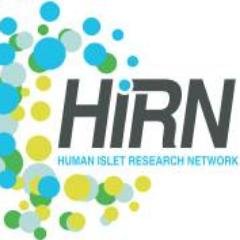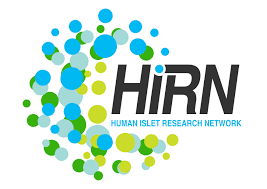Leaving Community
Are you sure you want to leave this community? Leaving the community will revoke any permissions you have been granted in this community.
FEATURED RESOURCES
| RESOURCE NAME | RRID | DESCRIPTION |
|---|---|---|

|


|
Web platform that provides access to data and tools to study complex networks of genes, molecules, and higher order gene function and phenotypes. Sequence data (SNPs) and transcriptome data sets (expression genetic or eQTL data sets). Quantitative trait locus (QTL) mapping module that is built into GN is optimized for fast on-line analysis of traits that are controlled by combinations of gene variants and environmental factors. Used to study humans, mice (BXD, AXB, LXS, etc.), rats (HXB), Drosophila, and plant species (barley and Arabidopsis). Users are welcome to enter their own private data. |
|
National Mouse Metabolic Phenotyping Centers 
|




|
The mission is to advance medical and biological research by providing the scientific community with standardized, high quality metabolic and physiologic phenotyping services for mouse models of diabetes, diabetic complications, obesity and related disorders. |
|
Human Islet Research Network (HIRN) 
|



|
Network helps to organize and support collaborative research related to loss of functional beta cell mass in Type 1 Diabetes (T1D). Project consists of four independent research initiatives: Consortium on Beta Cell Death and Survival (CBDS), Consortium on Human Islet Biomimetics (CHIB), Consortium on Modeling Autoimmune Interactions (CMAI), Consortium on Targeting and Regeneration (CTAR), and Human Pancreas Analysis Program (HPAP). |

|



|
Web tool to search multiple public variant databases simultaneously and provide a unified interface to facilitate the search process. Used for integration of human and model organism genetic resources to facilitate functional annotation of the human genome. Used for analysis of human genes and variants by cross-disciplinary integration of records available in public databases to facilitate clinical diagnosis and basic research. |

|




|
Web multi omics knowledgebase based upon public, manually curated transcriptomic and cistromic datasets involving genetic and small molecule manipulations of cellular receptors, enzymes and transcription factors. Integrated omics knowledgebase for mammalian cellular signaling pathways. Web browser interface was designed to accommodate numerous routine data mining strategies. Datasets are biocurated versions of publically archived datasets and are formatted according to recommendations of the FORCE11 Joint Declaration on Data Citation Principles73, and are made available under Creative Commons CC 3.0 BY license. Original datasets are available. |
|
Type 1 Diabetes Knowledge Portal 
|



|
Portal for providing data and tools to promote understanding and treatment of type 1 diabetes and its complications.Enables browsing, searching, and analysis of human genetic information linked to type 1 diabetes and related traits, while protecting integrity and confidentiality of underlying data.Represents effort to coordinate collection and deposition of genomic and epigenomic data related to type 1 diabetes and its complications. |

|



|
Collection of web-based software applications that enable users to execute bioinformatics workflows without coding. Turns Jupyter notebooks into fully functional standalone web-based bioinformatics applications. Each Appyter application introduces data entry form for uploading or fetching data, as well as for selecting options for various settings. Once user presses Submit, Appyter is executed in cloud and user is presented with Jupyter Notebook report that contain results. Report includes markdown text, interactive and static figures, and source code. Appyter users can share the link to the output report, as well as download the fully executable notebook for execution on other platforms. |





